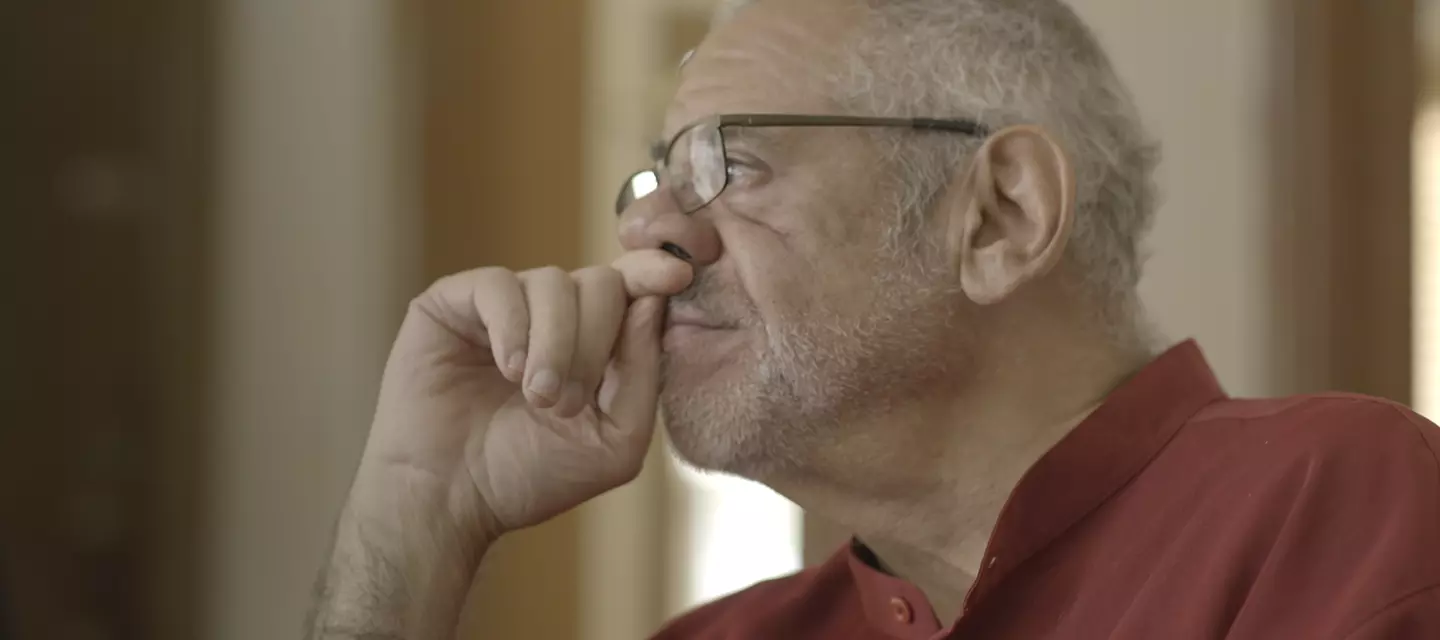
Race Forward
For more than 40 years Race Forward, founded in 1981 as the Applied Research Center, has worked to dismantle structural racism by building collective community power and transforming institutions. From the start, Race Forward’s founder Gary Delgado was clear: Black and brown communities hold the key to solving the racial inequities in our systems that have long harmed the lives and communities of people of color.
In 2017, we merged with the Center for Social Inclusion (CSI) to increase capacity as the need for our work continued to grow. CSI, which was founded in 2001 by Civil Rights Attorney Maya Wiley and political scientist Jocelyn Sargent, was home to the Government Alliance on Race and Equity (GARE), a joint project formed in 2015 between CSI and the Haas Institute for a Fair & Inclusive Society (now the Othering and Belonging Institute). At this point, our work expanded from working with community organizations and organizers to local and regional government employees and leaders. Today, the GARE network comprises more than 400 local and regional jurisdictions working to develop racially equitable practices and policies.
Race Forward is also home to the groundbreaking, award-winning Colorlines. The publication's goal when it first appeared as a magazine in 1998 was to popularize racial justice narratives and center people of color who were both affected by and fighting systemic racism. Other media, particularly mainstream media, were not telling stories about race or calling out racism at the time. In 2010, Colorlines evolved into a daily digital news site, setting the stage for more race and ethnicity news beats within mainstream media. Relaunched in April 2023, following a period of research and reimagining, Colorlines is now a multimedia platform for people wanting to learn about, connect, and act for racial justice.
Our work has not been easy! The racial justice movement has witnessed many victories and, with each, a subsequent backlash. But despite these challenges, we have seen significant progress toward building a multiracial democracy. And we remain steadfast in our commitment to continue working until this vision becomes a reality! The timeline below highlights some of our accomplishments over the past years.
Our Timeline
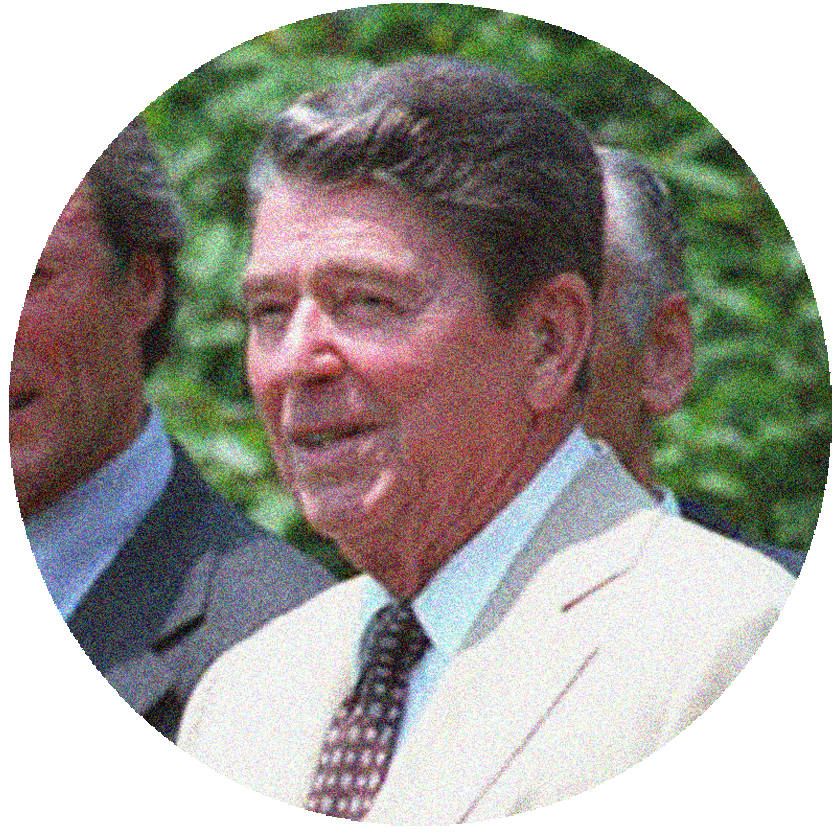
During this administration, “Reaganomics” and the war on drugs was introduced. In addition to cutting budgets for renewable energy research and development, the solar-thermal panels put up on the White House by the previous administration were removed.
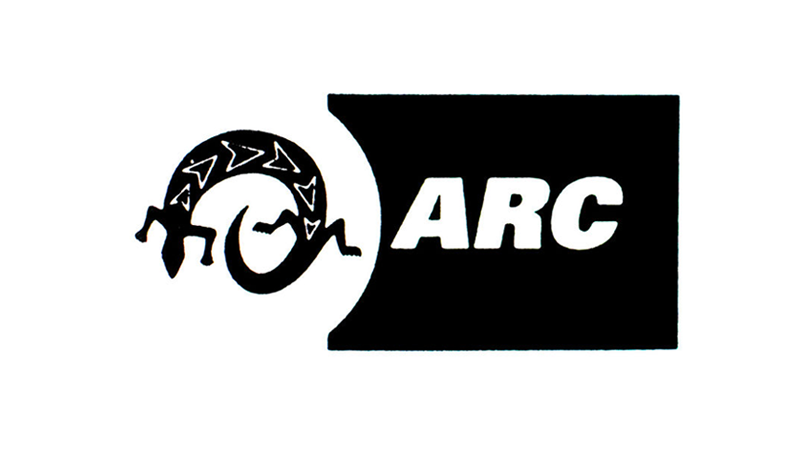
Articles of Incorporation were filed March 31, 1981. ARC was founded by Gary Delgado as an analytic resource for community organizations of color in the Center for Third World Organizing (CTWO) network.
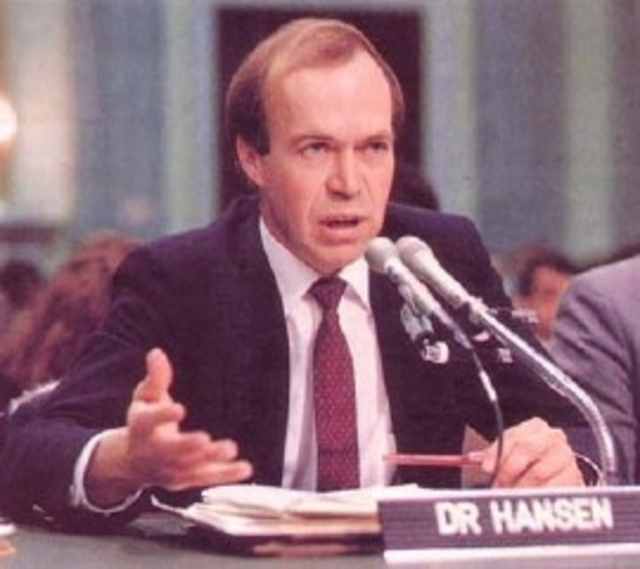
James Hansen’s testimony and the subsequent media coverage increased awareness of Global Warming with predictions of extreme climate events. Communities with less political power and wealth are more likely to be impacted by climate change. This disproportionately effects communities of color.
On the Recognition of Global Warming | More Colorlines Coverage
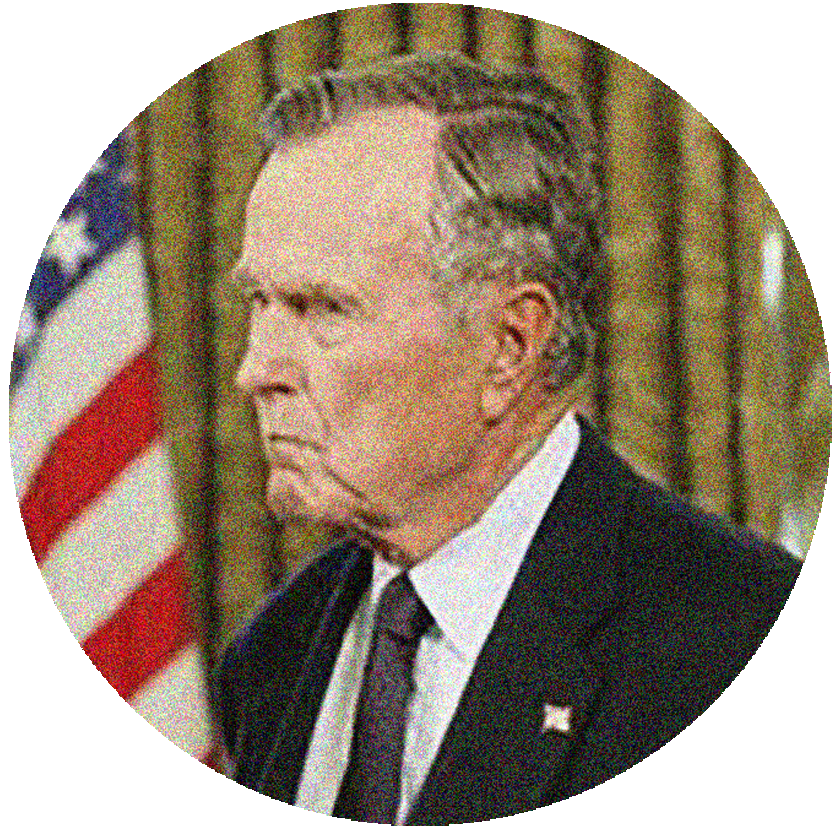
Winning the election after his supporter’s infamous (and racist) Willie Horton campaign, the Bush administration went on to war under false pretenses.
The L.A. Rebellion follows the acquittal of officers in the Rodney King trial.
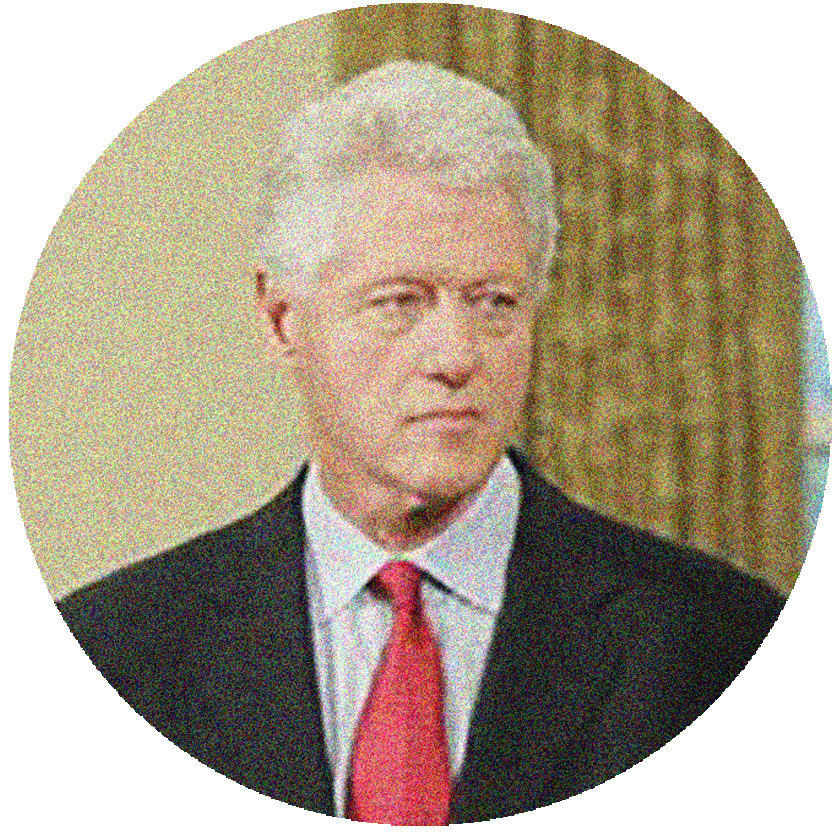
During this administration, The Personal Responsibility and Work Opportunity Reconciliation Act of 1996 signed into law. This welfare reform was passed based on racist stereotypes.
ARC takes it on by publishing False Foundations of Welfare Reform and taking actions for a national alliance of welfare rights organizations (between 1991 and 2001).
Gary Delgado on Welfare Reform | Rinku Sen on Welfare Reform | The “Welfare Queen” Sterotype | Report The False Foundations of Welfare Reform

The first issue (v1.1 Summer 1998) was completed in May 1998. ColorLines magazine emerged from the merging of RaceFile and ThirdForce. Founded by Bob Wing and Jeff Chang, ColorLines worked to bring attention to race, especially stories from the perspective of communities of color. ColorLines the magazine ran for over 11 years.
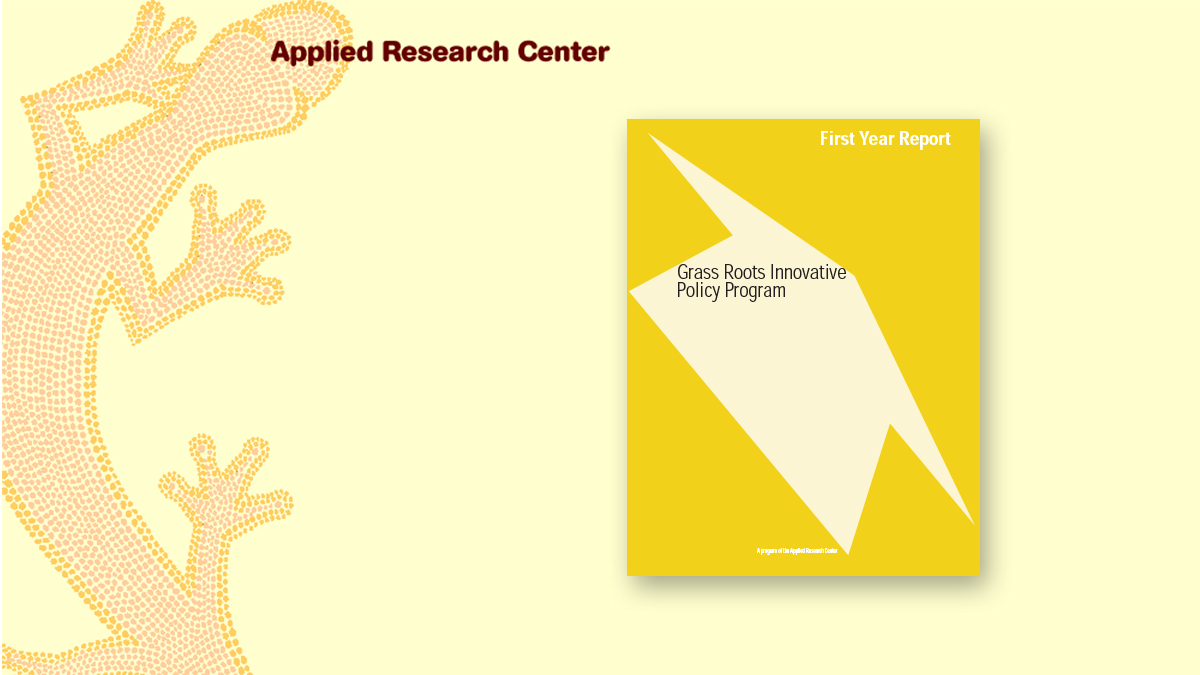
G.R.I.P.P report cover with late 90s ARC website background.
The GRIPP program engaged 70 local organizations and 22 national organizations that worked together on a total of eight local and state policy initiatives. Out of eight initiative campaigns, six resulted in the enactment of successful policies.
Contrary to the conventional wisdom, GRIPP demonstrated unequivocally that community-based organizations can indeed win progressive policy changes (including concrete health insurance access and anti-discrimination policies, and school discipline policy changes) when they use strategies that lead with race.
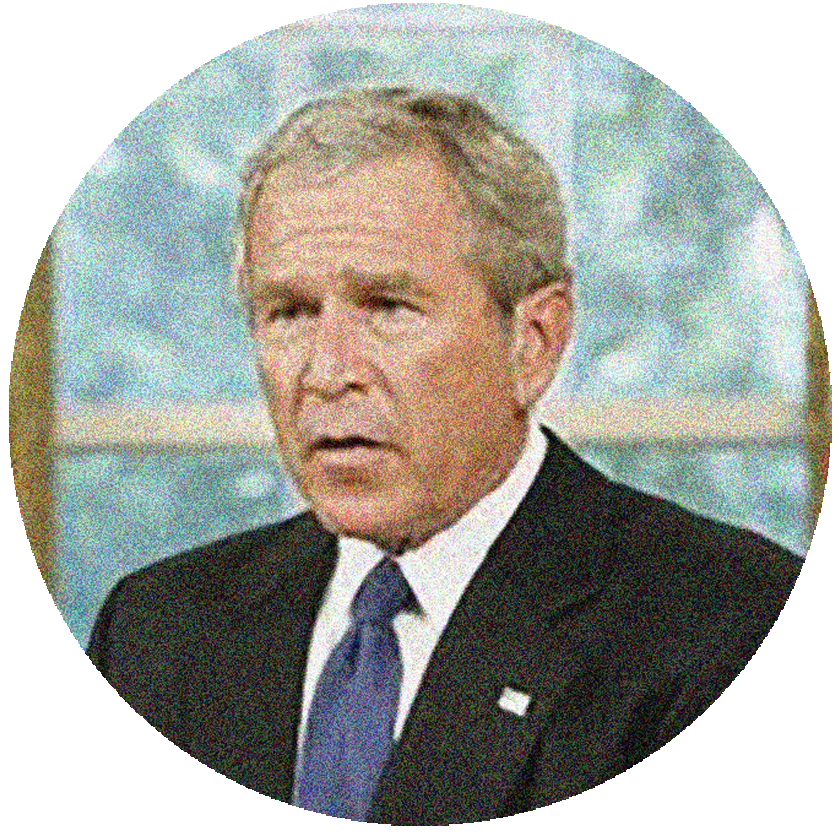
During this administration, the war on terror was introduced. An increase in racial profiling and discrimination of Muslims came in the years following the events of September 11, 2001.
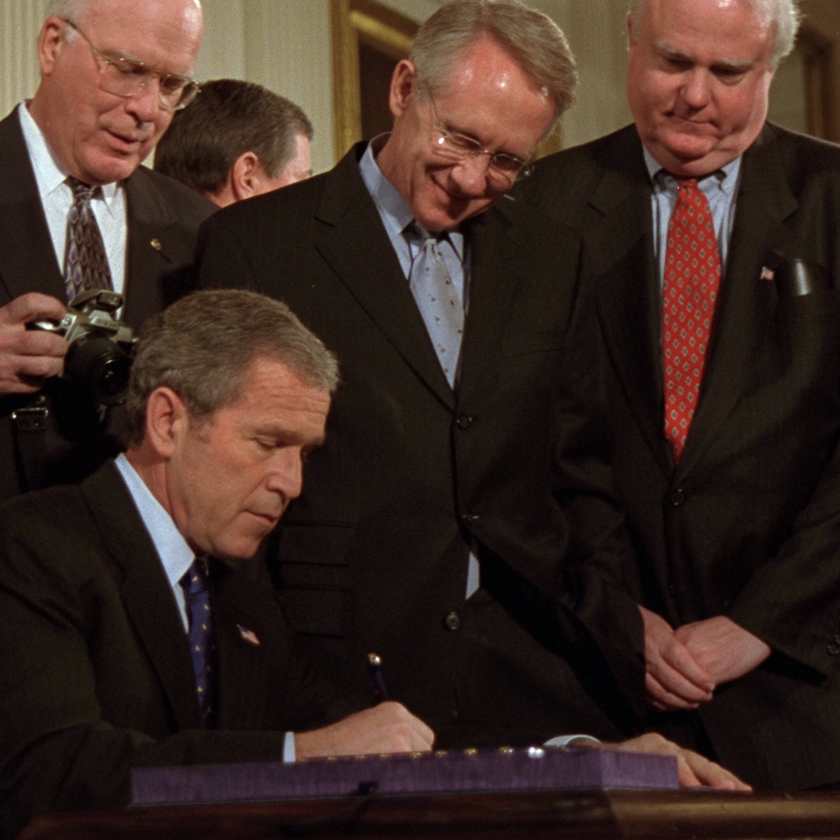
On September 11, 2001, four airliners were hijacked and used to attack prominent buildings in New York and Washington D.C. In response to the 9/11 attack, the USA Patriot Act is passed on October 26 of the same year, leading to an increase in racial profiling of Muslims, deportation, and detention.
9/11 Attacks | Impact of Increased Surveillance | The Public’s Truth
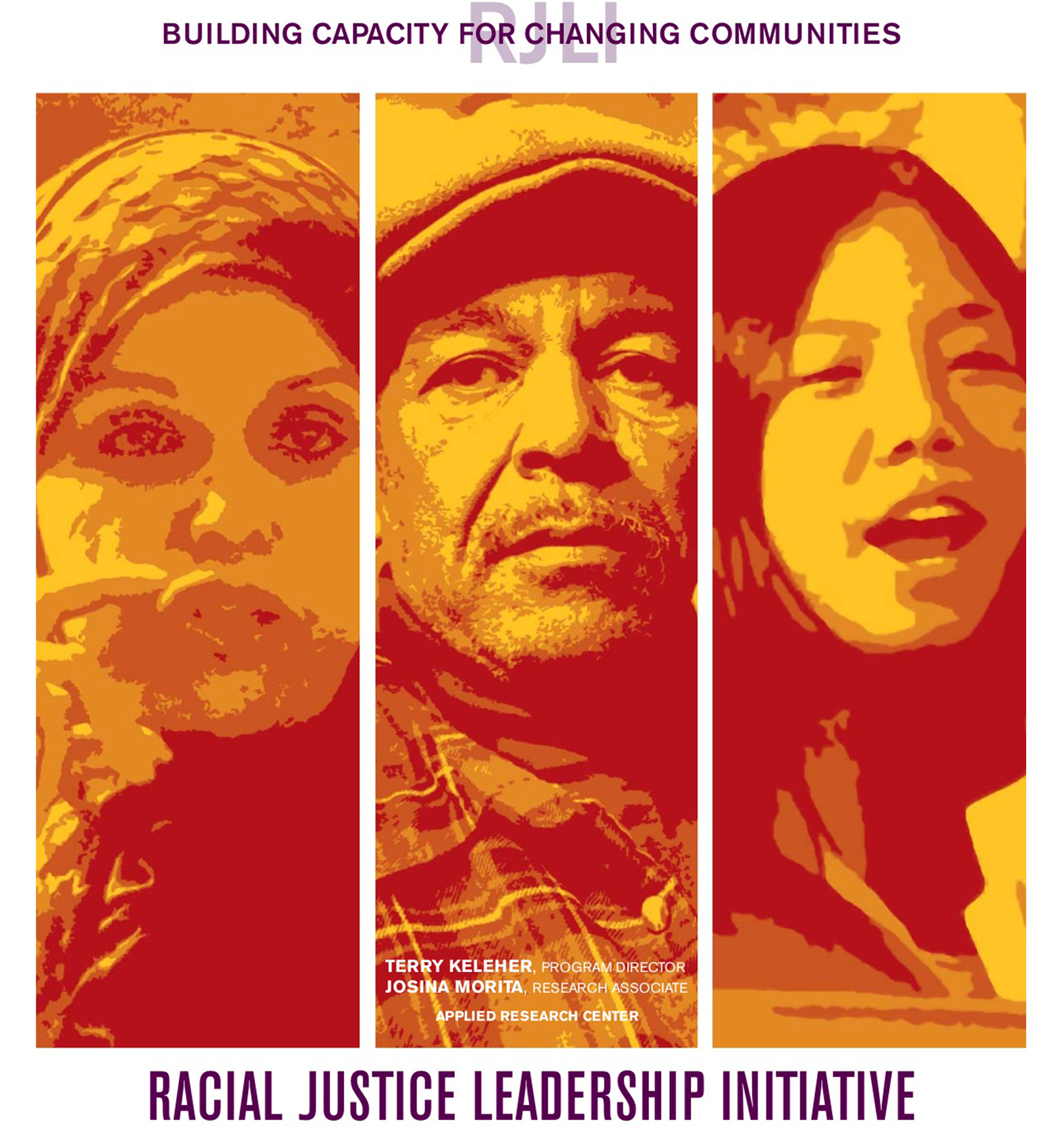
Applied Research Center launches Racial Justice Leadership Initiative (RJLI), offering training and consultation to help thousands of activists and organizations advance racial equity. It was the predecessor to current Building Racial Equity training series.
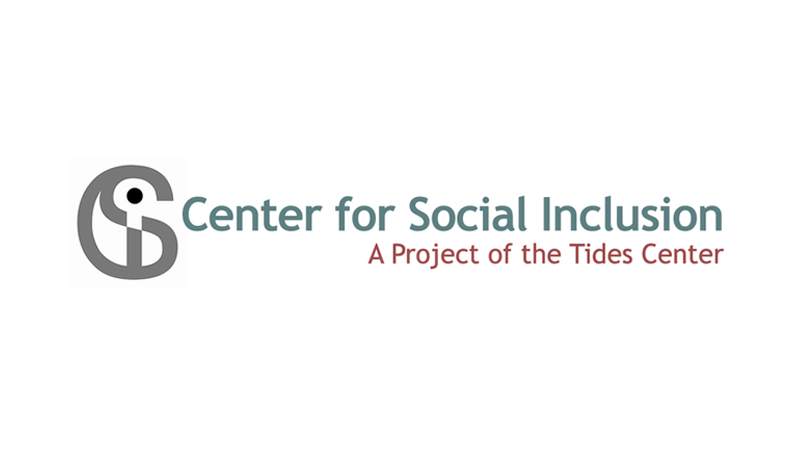
In 2002, the Center for Social Inclusion (CSI) began in the living room of Civil Rights Attorney Maya Wiley, with a $75,000 seed grant from the Open Society Institute as a project of the Tides Center. The brain-child of Maya and Jocelyn Sargent, a political scientist, they started CSI in the wake of September 11th to support racially equitable policy solutions to a devastated city.
The federal government made $20 billion available to support rebuilding from the attacks, but the bulk of this money targeted two wealthy neighborhoods in Manhattan. CSI's early efforts lifted up the need of other communities, particularly communities of color, devastated by the attacks and the reactionary policing of immigrants and Muslims.
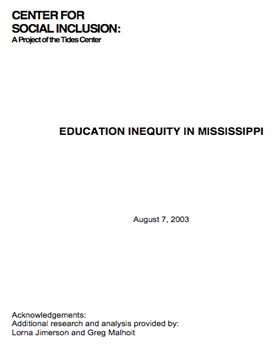
Intended to provide a better understanding of the potential impact of the Mississippi Adequate Education Plan (MAEP), as well as to help identify inadequacies in the education reform system and implications for further education reform efforts.
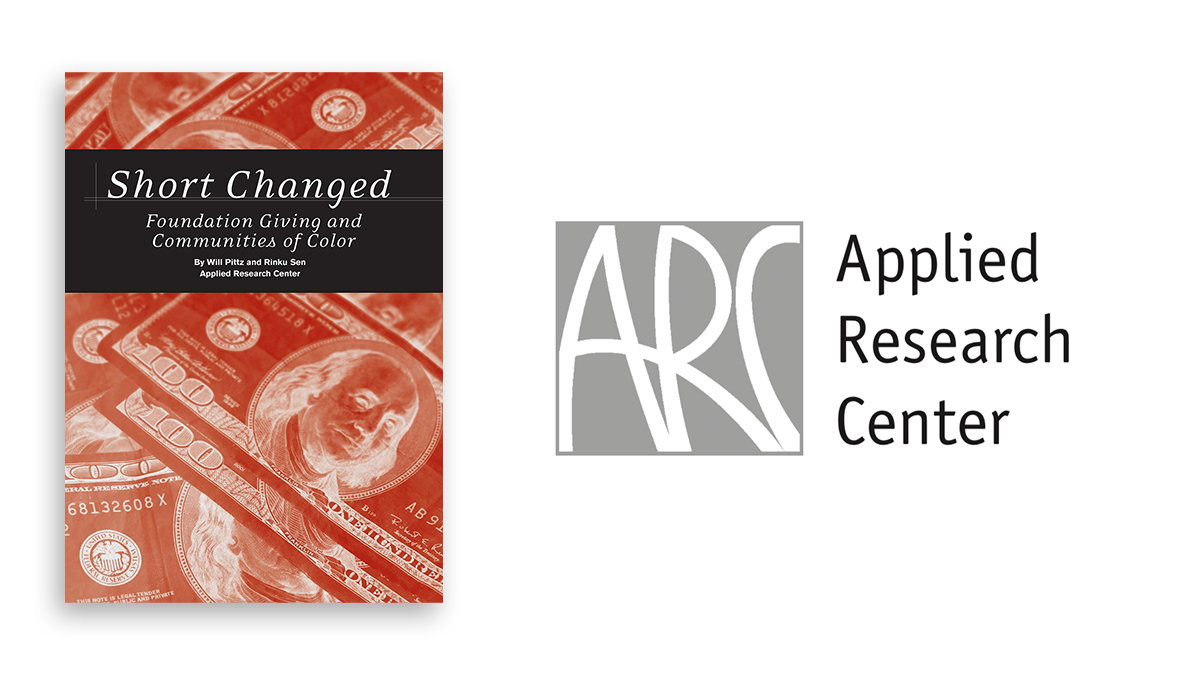
ARC received a new logo design in 2001.
Report authored by Rinku Sen and Will Pitz in Spring 2004 highlighting ways foundations concerned with social justice have disproportionally excluded communities of color.
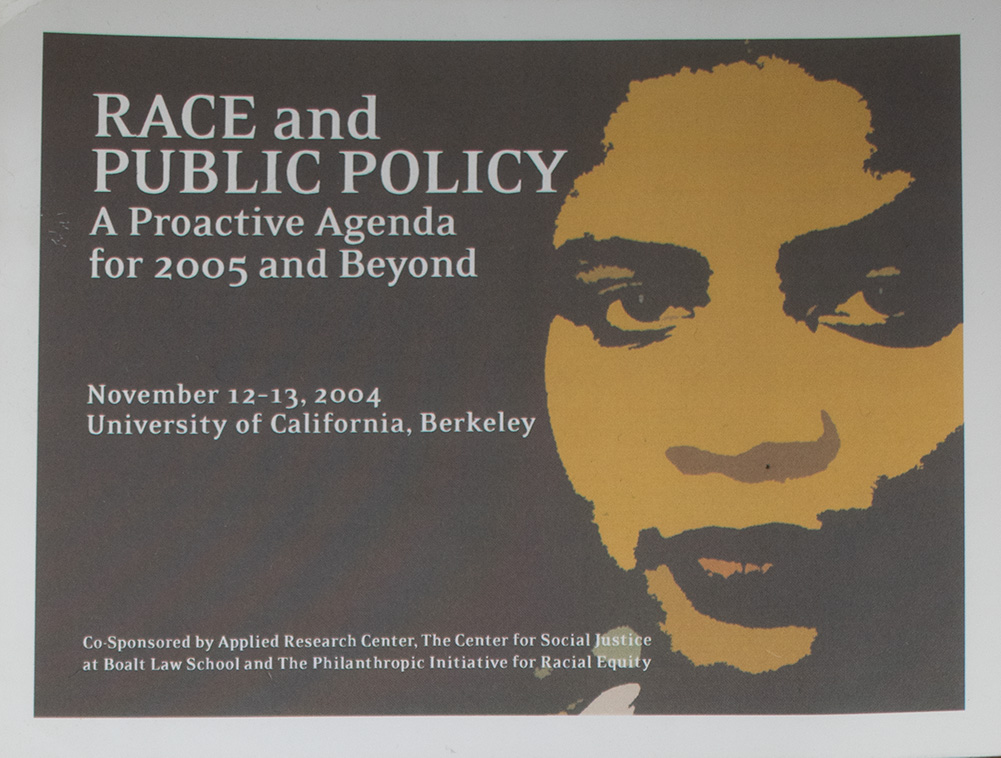
National Conference on Race and Public Policy conference held in 2004, later to be renamed Facing Race.
Over 1,800 deaths. 80% of New Orleans was submerged after flood walls broke. Climate change may have played a role in increasing the damage from the storm. The impact on communities of color were greater and lasted longer. Racism played a large part in this impact, from neglect, to a decrease in available public housing, to profiling by police.
The tragic outcomes and lack of federal response point to systemic racial inequity.
Former Race Forward staffer, Tara Conley created this short film about the experience.

With a new name, ARC’s national conference, Facing Race takes place at CUNY Graduate Center in New York City. It has more than 50 workshops and panels on the racial wealth divide, transforming public schools and creating state policy that addresses racial disparities.
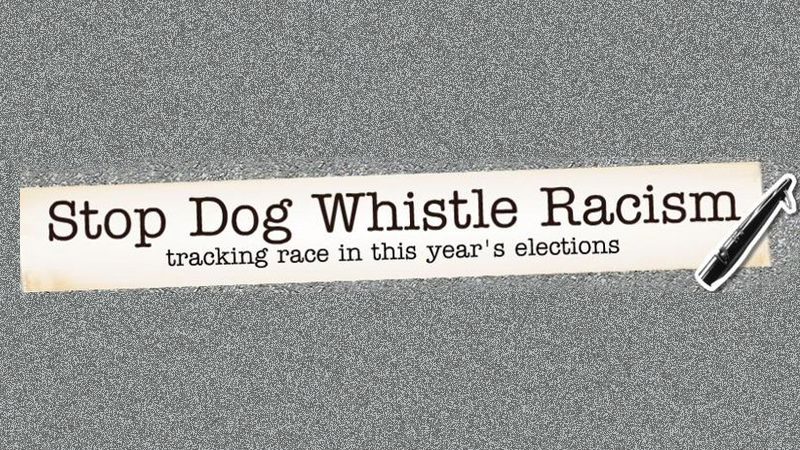
CSI launches the website Stop Dog Whistle Racism to track the ways in which race was used as a "dog whistle" during the 2008 presidential election cycle. The website is helmed by Ludovic Blain.
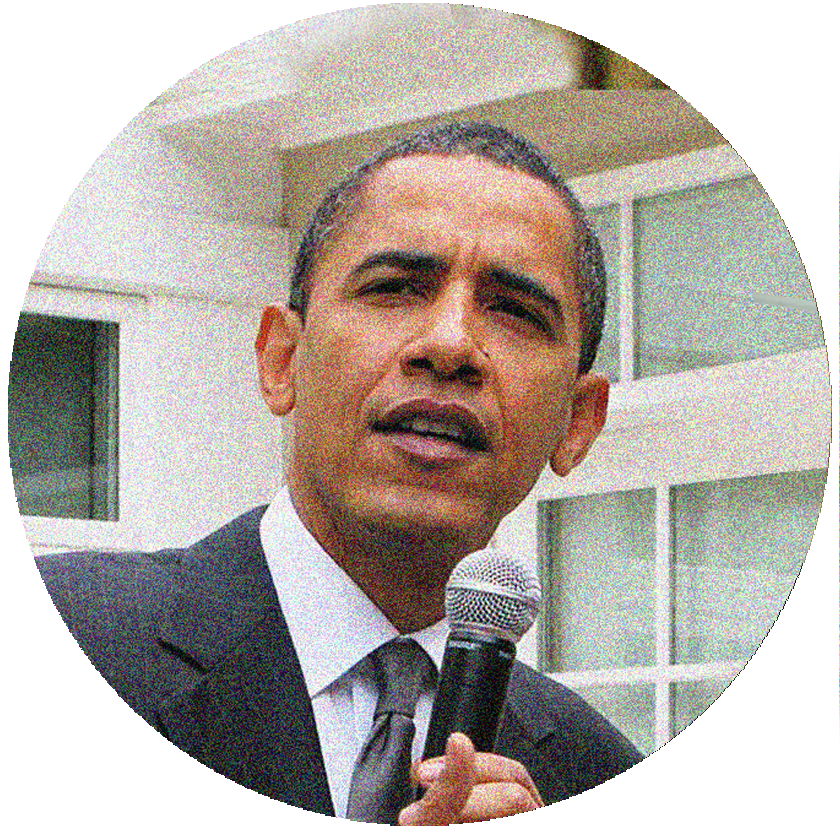
The election of President Obama—the first Black president—led to a rise in racism and white supremacy amongst assumptions of a post racial society.
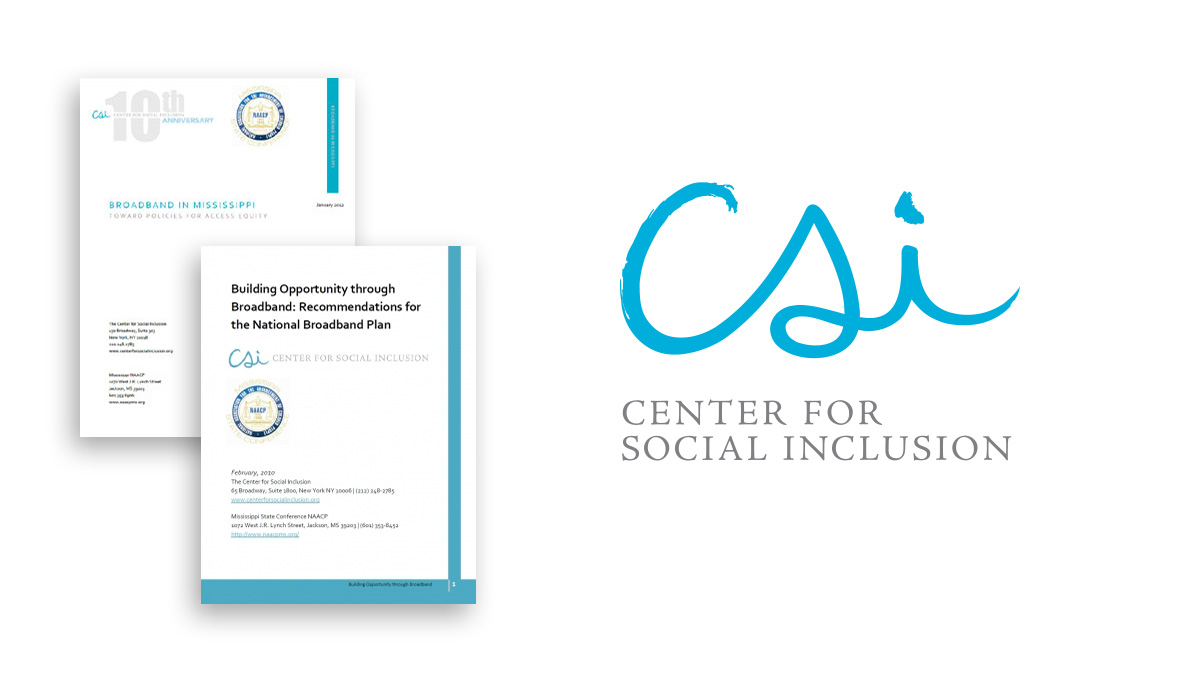
CSI got a new look with their 10th anniversary.
Congressman Bennie Thompson and the Mississippi State Conference of the NAACP, CSI co-convened a public hearing on “Building Opportunity through Broadband” where telecommunications professionals, advocates, and experts in public health, economic development and education testified about the state of broadband in Mississippi’s 2nd Congressional District and its disproportionate negative impact on communities of color. Learnings are submitted to the FCC. CSI also publishes “Broadband in the Mississippi Delta.”
On December 7, 2010, CSI continued this discussion by co-hosting a symposium with the Center for Technology, Innovation and Community Engagement.
Building Opportunity Through Broadband | Broadband in the Mississippi Delta | Paper: Broadband Equity Today | National Symposium on Community-Scale Broadband
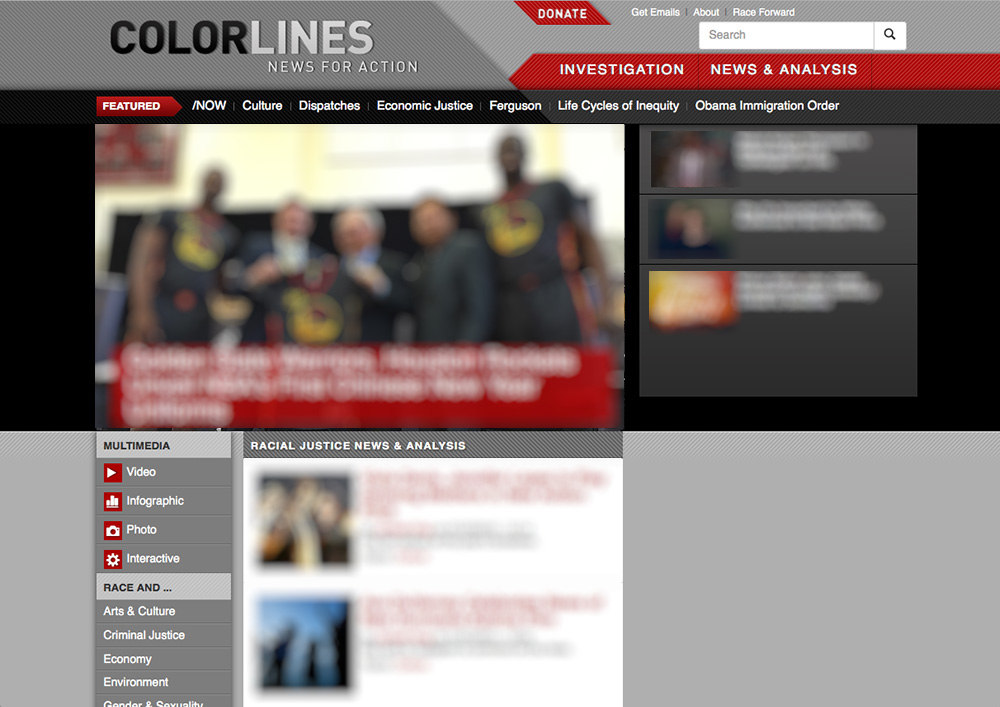
The new ColorLines will cover events as they unfold–bringing you not only the most urgent news but the context in which to understand it. The last issue of ColorLines magazine was the November/December 2009 issue.
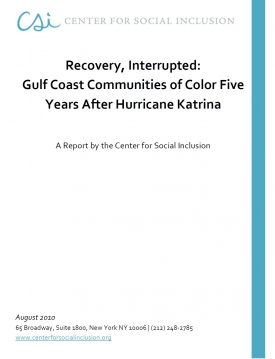
This report covers long term recovery failures as well as advocates for policy changes.
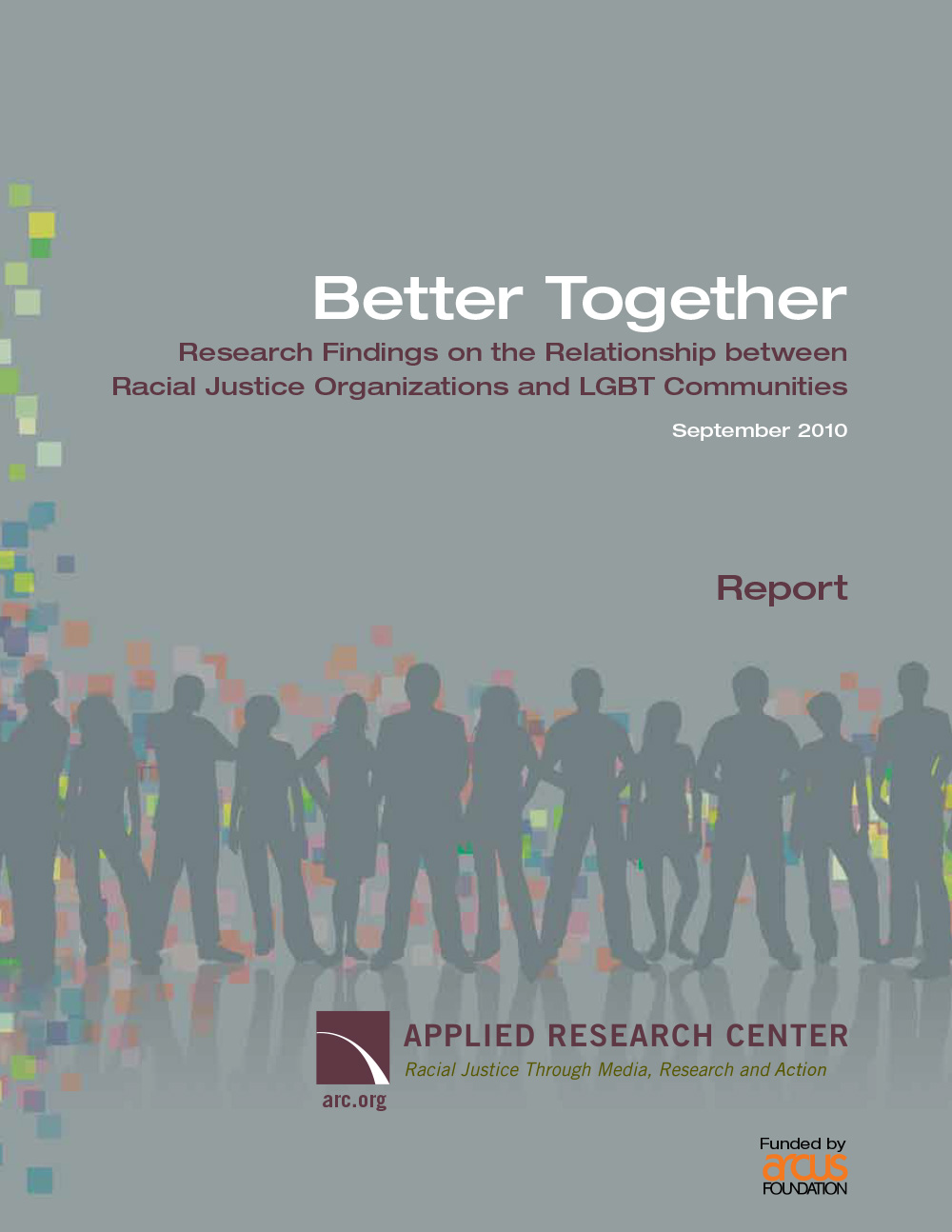
A study on the relationship between racial justice organizations and lesbian, gay, bisexual, and transgender (LGBT) communities. ARC takes an intersectional approach to racial justice.
In 2012, ARC with Southerners on New Ground (SONG) began a cohort to consider the challenges and opportunities in tying the racial justice movement to LGBT liberation in the U.S. South.
Report: Better Together Report | Report: Better Together in the South
The Applied Research Center and ColorLines launch pledge campaign to drop usage of the word “illegal” in reference to human beings. On November 15, 2011, Drop the I-Word Calls on Associated Press to Remove “Illegal Immigrant” from Stylebook.
“Detaining and deporting parents shatter families and endanger children left behind.” — Rinku Sen
On May 2, 2012, Seth Freed received an award for reporting via Colorlines after a yearlong investigation on kids these kids lost in the U.S. Deportation system.
Report: Shattered Families | Colorlines article | Hillman prize winners

The Associated Press announced the change via a Blog post. On April 10, USA Announced they would stop using the term. The New York Times also announced they’d been considering a gradual shift. As did the L.A. Times follow suite on May 1, 2013.
After the acquittal in the trial for the murder of Trayvon Martin, Alicia Garza, Patrisse Cullors, and Opal Tometi start the hashtag and greater Black Lives Matter movement.
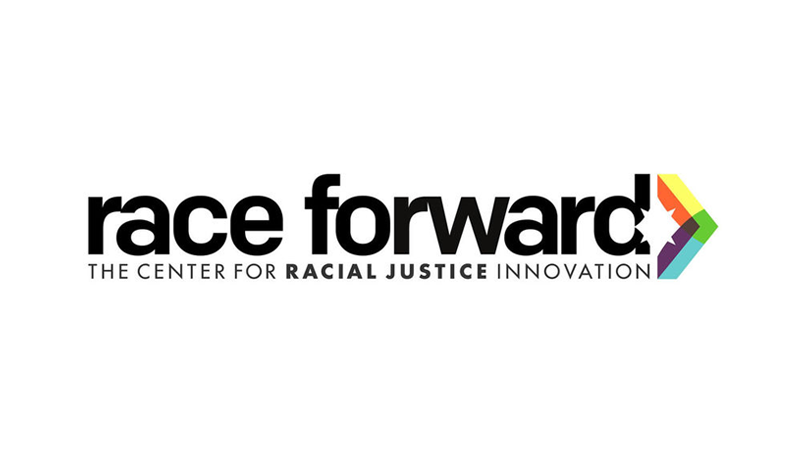
The new name highlights the centrality of addressing race and the urgency of paving the way forward to racial justice.
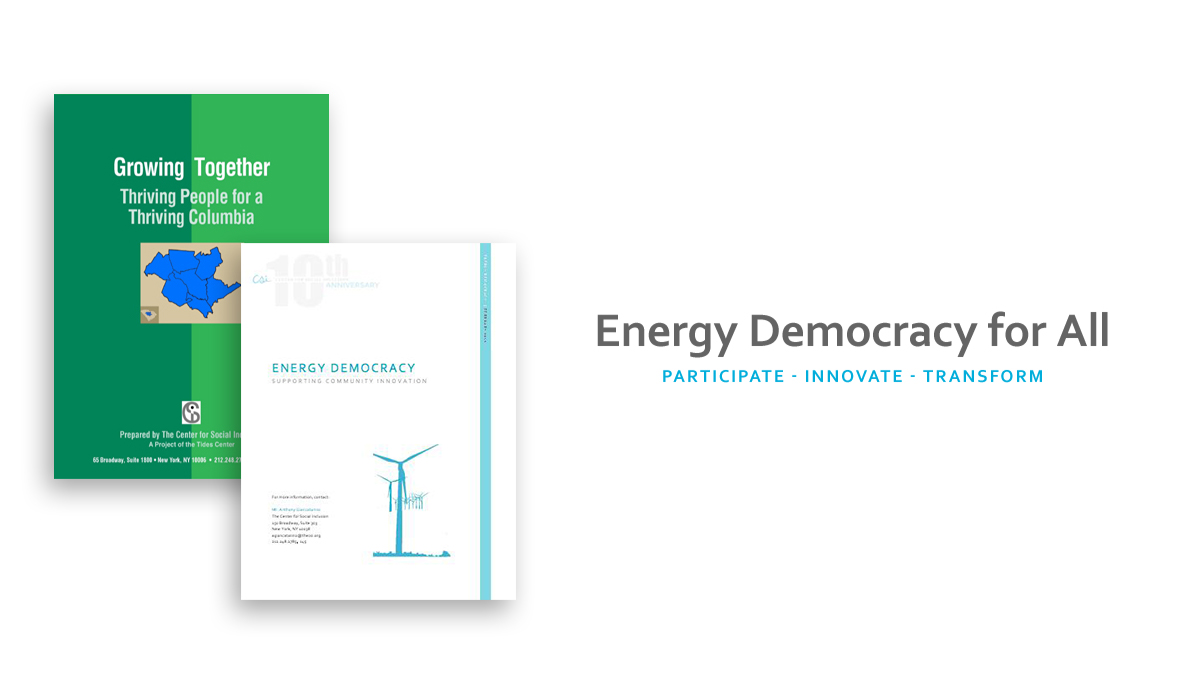
Energy Democracy program started with work in rural South Carolina in 2004 with rural communities in the region to support Black landowners dealing with incorporation and saving their farmland. 2010, CSI released the white paper Energy Democracy: Community Scale Green Energy Solutions. With this paper, we initiated a broad dialogue among academics,community advocates and environmental justice experts linking a clean economy to the conditions communities of color face today.
The Energy Democracy report permits CSI to identify ways that renewable energy – an area of boundless opportunity – can bridge local communities of color to the national policy debate.
Colorlines’ Aura Bogado interviews a Central American migrant child about her experience with the hieleras, the immigration holding facilities in the United States.
Children such as one interviewed by Colorlines, testifies to congress about their experience while in custody with DHS.
GARE organized and led a convening of government and community leaders from throughout the country in Minneapolis.
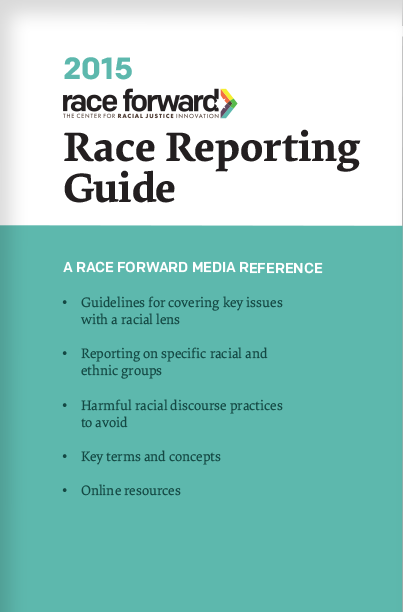
Providing critical support for the use of responsible language and story framing that reflects ethical and rigorous journalistic standards and affirms the dignity and human rights of people of all races.
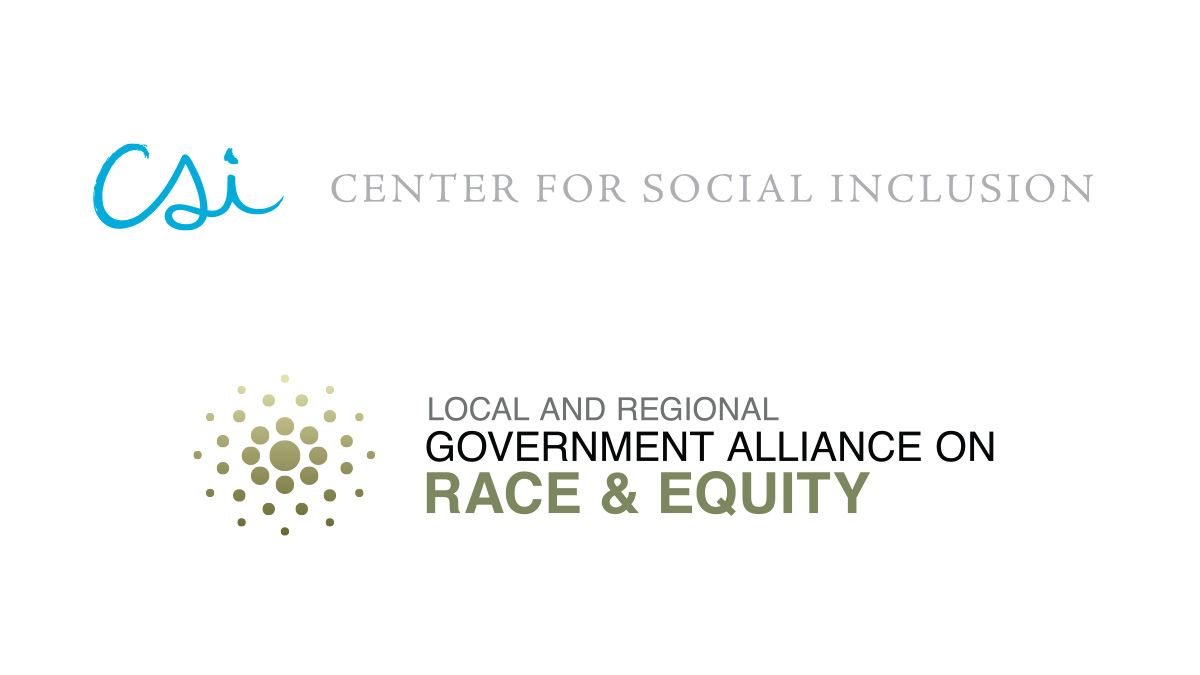
Government Alliance on Race & Equity becomes a joint project of Center for Social Inclusion and Haas Institute for a Fair & Inclusive Society.
CSI begins convening the National First Food Racial Equity Cohort, a group of 16 breastfeeding advocates, supporters, academics, and other practitioners from across the country.
LaDonna Brave Bull Allard co-founds the camp in response to the pipeline being built near the Standing Rock Sioux Reservation. The pipeline would transport crude oil which could contaminate soil or water during leaks.
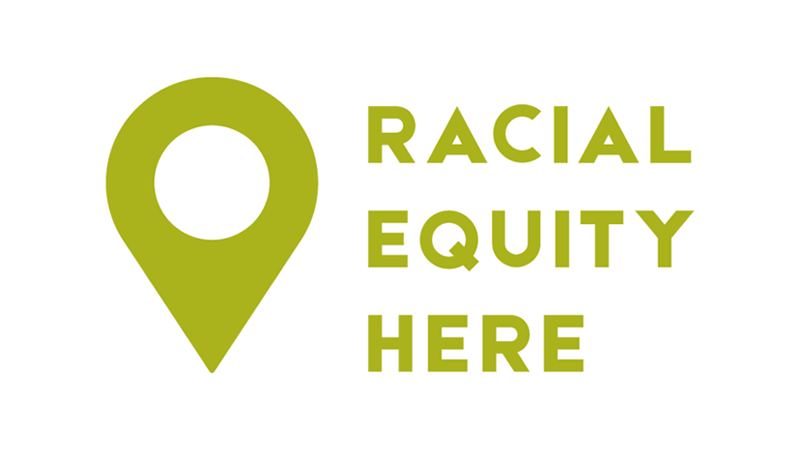
Racial Equity Here is a movement of community organizations, local governments, foundations, schools and businesses across the country making a commitment to advance racial equity. Starting with five mayors meeting in New York.
From the Muslim Ban to children in cages, the environmental protection rollbacks to the response to the coronavirus, President Donald Trump’s administration presented a challenge to racial justice and equity.
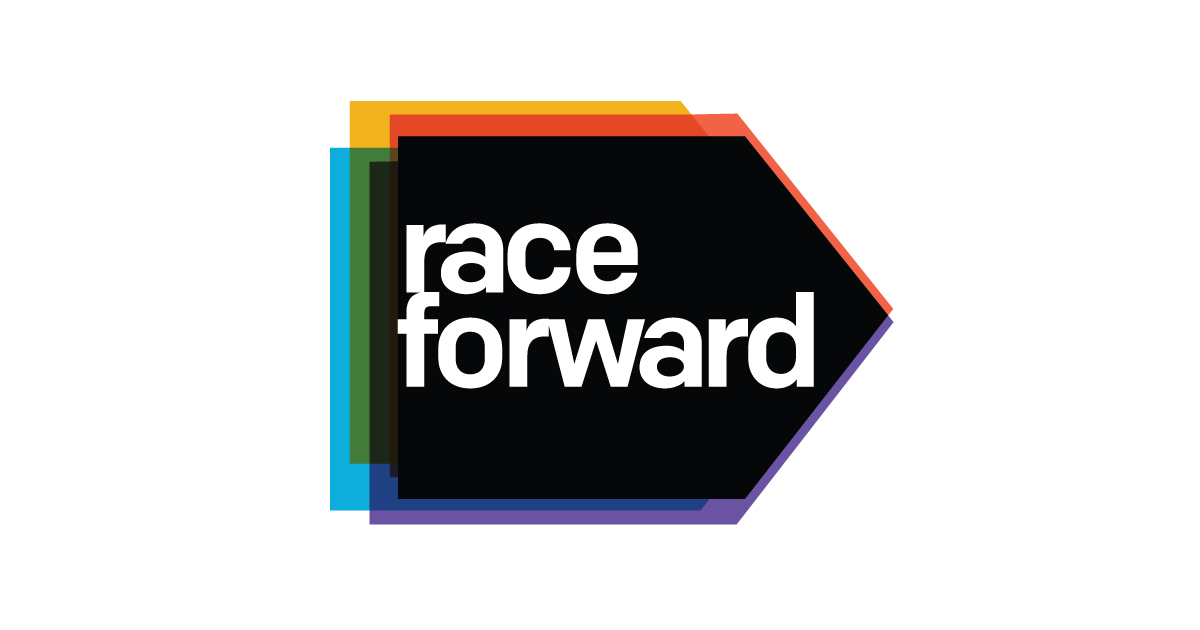
Borne out of opportunity, abundance, urgency, and a mutual desire for greater alignment and multiplied efforts to deliver on both organizations’ core principles of advancing racial equity and supporting communities most impacted by structural racism.
Mass Freedom will focus on elevating the voices of those who have been most impacted by mass criminalization via talks, Colorlines reporting, and resources.
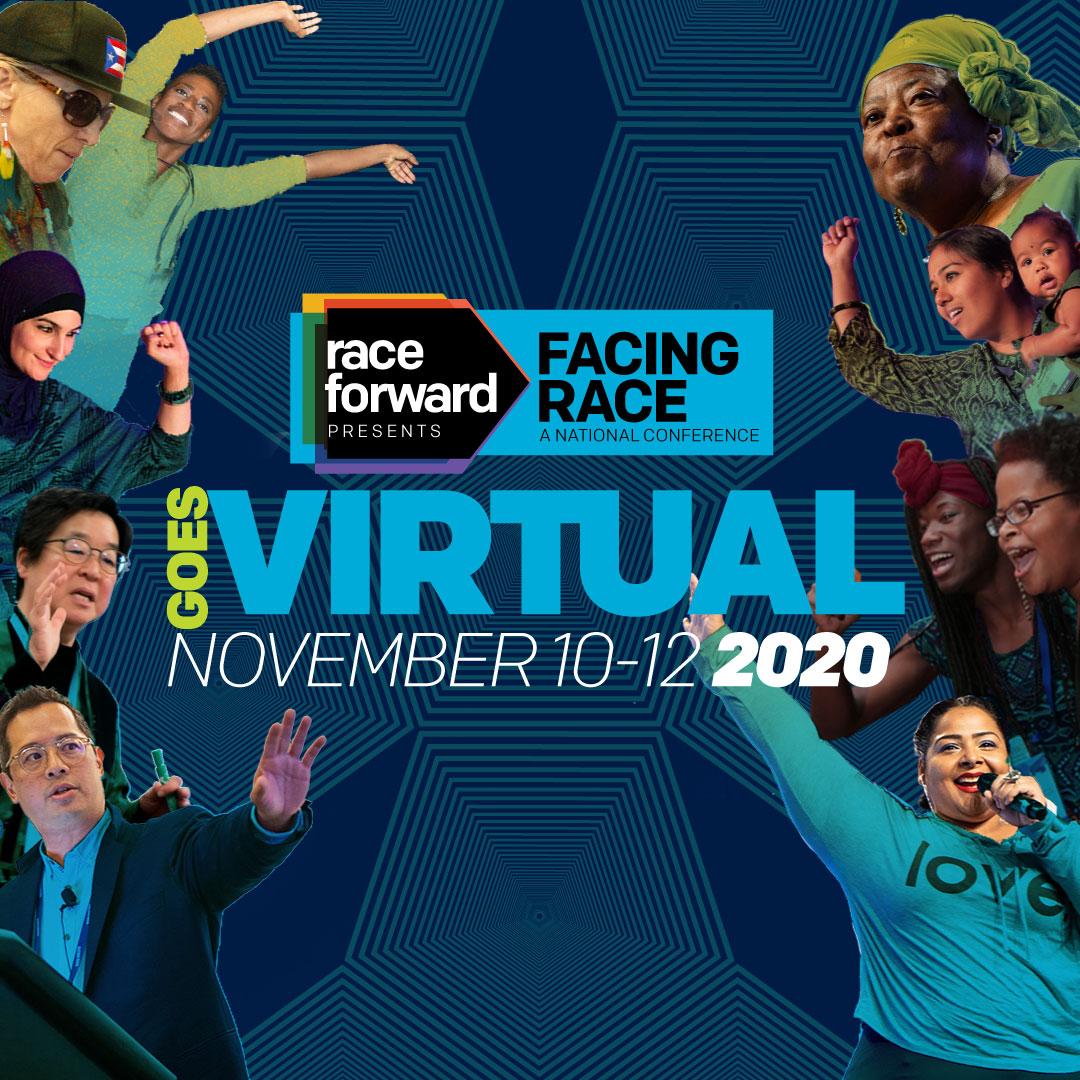
COVID-19 caused by the SARS-CoV-2 virus was addressed with a global shutdown with social distancing resulting in a mass shift to virtual gatherings and meetings, providing more accessibility to folks not able to gather at public venues.
George Floyd was murdered by a Minneapolis police officer when he was pinned down after repeated attempts to communicate that he couldn’t breathe. This follows incidents of other police killings such as Eric Garner, Elijah McClain.
Protests occur around the world against police violence and racism.
President Trump sends a memo to federal agencies prohibiting racial equity trainings. President Trump denounced critical race theory and announced the formation of the 1776 Commission to promote "patriotic education" in a speech on September 17, 2020. On September 22, 2020, the president issues an Executive Order on Combating Race and Sex Stereotyping. Many bills since were introduced to ban education utilizing critical race theory.
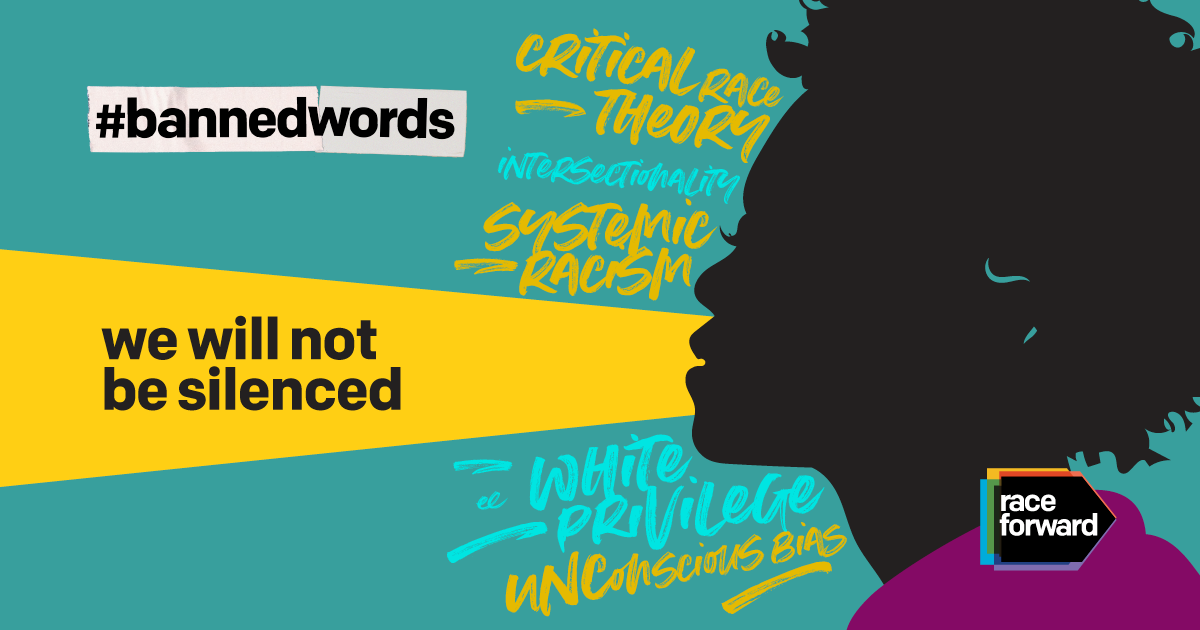
In response to increased attacks on Critical Race Theory, Race Forward releases a set of tools to counter attacks on critical race theory.
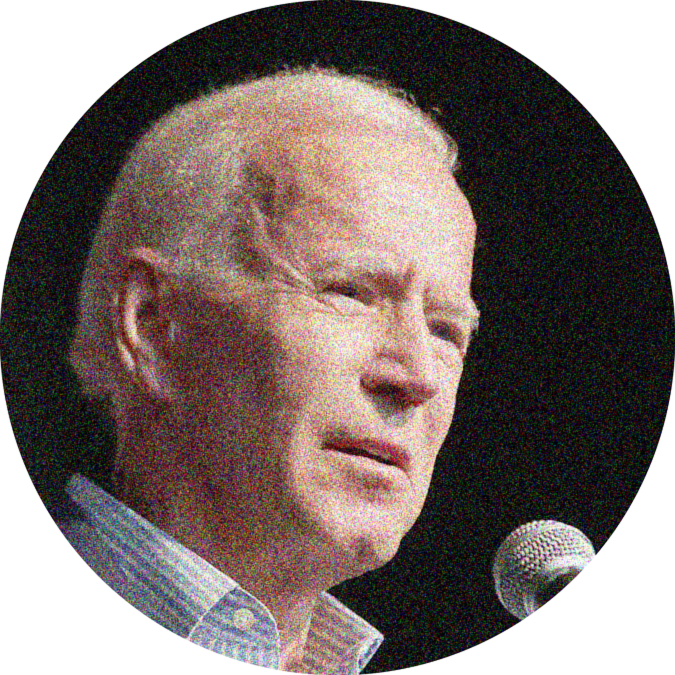
"Joe Biden" by Gage Skidmore is licensed under CC BY-SA 2.0
President Joe Biden takes office and makes a series of executive orders around promoting racial equity and calls out white supremacy.
